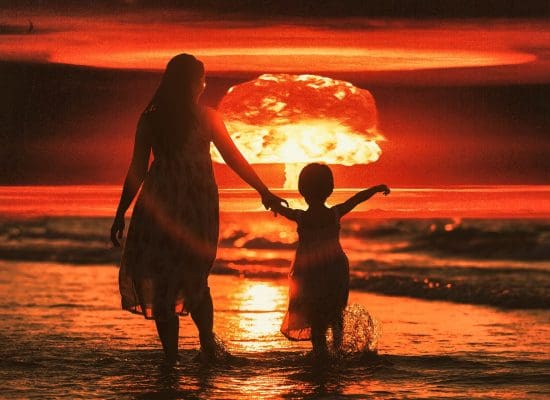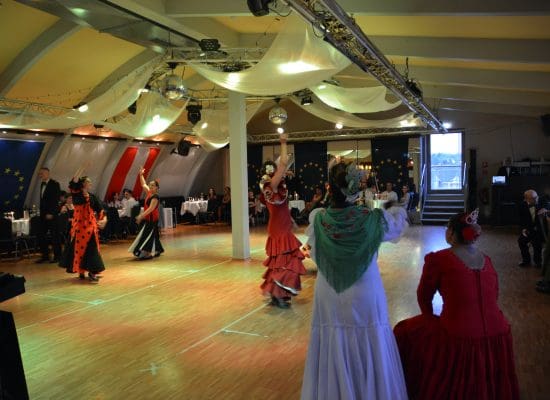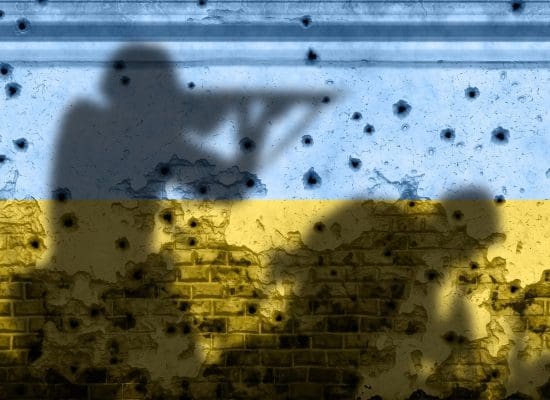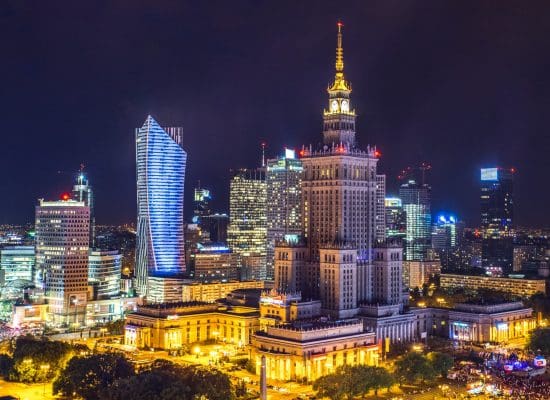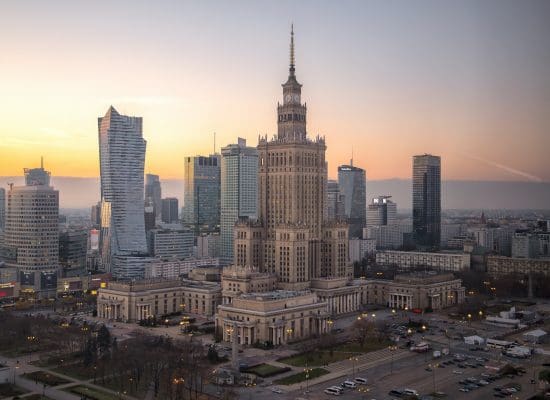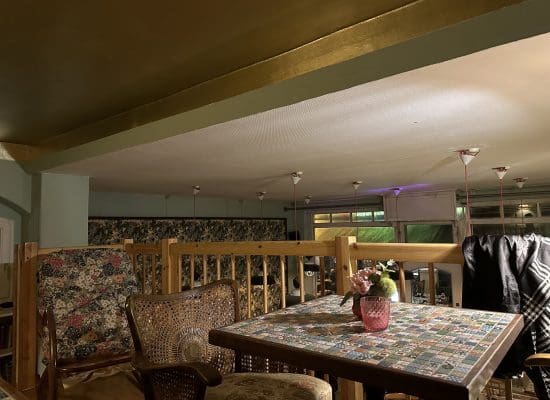Photo: sample image | © Pixabay
One of the most important European events of modern times will soon be celebrated. From May 7th to 10th, 1948, the Hague European Congress took place in The Hague, which led to a merger of the various European unity movements and is, among other things, the initiator of the Council of Europe. Only a few people know that the actual goal of the assembled European citizens was to finally overcome the nations and unite them in a “Europe of the regions” and thus in a federal European federal state. This is also the reason why the Hague Congress of Europe is still considered the first federalist movement in European history.
But, as so often, the complacency of most European citizens and the persistence of the already well-established sections of the population has prevailed. Although the goal of a “United States of Europe” continued to be propagated, at the same time the “Europe of the Fatherlands” was initiated as a counterpoint. Later, due more to reality than to the European idea, the European Union was created as an association of states, which led to post-classical nation states whose perseverance continues to be nourished by the all-too-human fear of change.
However, we European federalists can be proud of the fact that democracy and the associated values, such as our human and civil rights, were laid down as the basis of all European integration from the very beginning, and that we still see ourselves as a community of values to this day.
When the Soviet Empire collapsed at the end of the 1980s, we Europeans were mistaken in assuming that the people of the formerly occupied parts of Europe had become democrats overnight, suppressed the fact that they were just bankrupt and welcomed them into ours with open arms community that is still in the making. We had also completely ignored the fact that even in our democracies a good 20 percent of totalitarians are still waiting for the Twilight of the Gods.
As a result, the majority of us now seem to have come to terms with the fact that the EU has become an alliance of convenience of democratic and pseudo-democratic states to protect external borders, secure the internal market and jointly combat terrorism. The majority of us also seem to be of the opinion that migration movements and transfer payments are reason enough to question this construct again (e.g. Brexit).
It is therefore very gratifying that for months many European citizens have been increasingly speaking out in favor of our common Europe and, after 1948, are again “demanding more Europe!” It is even more gratifying that politicians like Emmanuel Macron and Jean-Claude Juncker are taking up these various citizens' initiatives and submitting initial proposals for solutions.
However, the European Union is now - and this despite the commitment of 30 European federalists across Europe - in such a deep crisis that only a relentless inventory without national or party-political considerations can help.
The EUROPA-UNION Heilbronn is of course taking part in this necessary inventory as well as the discussions taking place and is contributing, among other things, by resuming the “Hertenstein talks' contributes to the fact that increased and sustainable citizen participation will save our democracies as well as our common Europe. For us European federalists, our common values are not a bargaining chip and we are happy to reiterate that laziness and fear of change are bad advisors. Even the result of the last federal election clearly shows the demand for “dare more democracy!”.

